September 6 stands as one of history’s most eventful days, witnessing the rise and fall of empires, groundbreaking discoveries, and moments that shaped our modern world across centuries of human achievement.
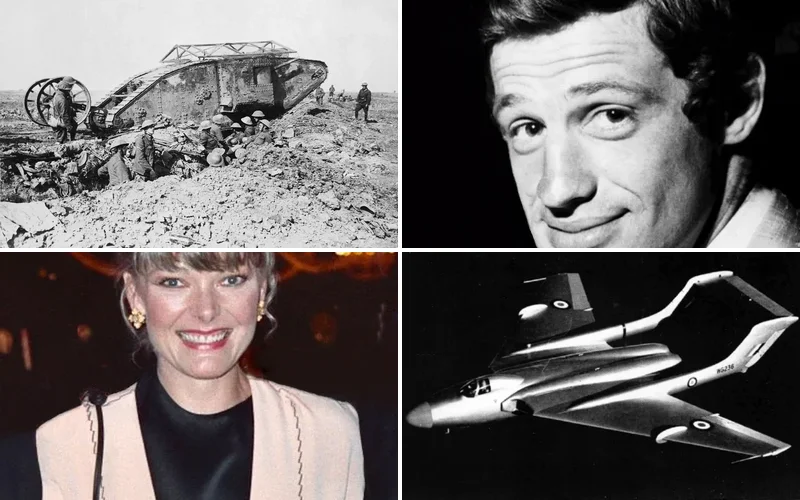
Politics and Government Events on September 6
1901 – President McKinley Shot by Anarchist at Pan-American Exposition

Leon Czolgosz, an unemployed anarchist, shoots and fatally wounds US President William McKinley at the Pan-American Exposition in Buffalo, New York. The assassination attempt shocked the nation and marked a turning point in American security protocols.
McKinley would die eight days later from his wounds, elevating Theodore Roosevelt to the presidency. This tragic event fundamentally changed how American presidents interact with the public and established modern Secret Service protection methods.
1930 – Argentine President Deposed in Military Coup
Democratically elected Argentine president Hipólito Yrigoyen is deposed in a military coup. The overthrow marked the beginning of decades of political instability in Argentina.
Military leaders cited economic difficulties and political corruption as justification for their actions. This coup established a pattern of military intervention in Argentine politics that would persist well into the twentieth century.
1940 – Romanian King Abdicates as General Antonescu Takes Power
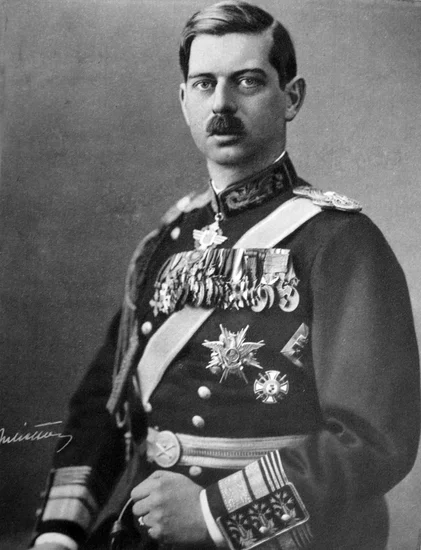
King Carol II of Romania abdicates and is succeeded by his son Michael. General Ion Antonescu becomes the Conducător of Romania, establishing a military dictatorship.
This political transformation aligned Romania more closely with Nazi Germany during World War II. Antonescu’s rise to power would have devastating consequences for Romania’s Jewish population and democratic institutions.
1968 – Swaziland Gains Independence from Britain
Swaziland becomes independent from British colonial rule after decades of protectorate status. King Sobhuza II assumed leadership of the newly sovereign nation in southern Africa.
The peaceful transition marked the end of British administrative control in the region. Swaziland, later renamed Eswatini, maintained its traditional monarchy while establishing modern governmental institutions.
1991 – Soviet Union Recognizes Baltic Independence
The Soviet Union officially recognizes the independence of the Baltic states Estonia, Latvia, and Lithuania. This historic decision marked a crucial step in the dissolution of the Soviet empire.
The recognition came after decades of resistance and mounting international pressure. These three nations had been forcibly incorporated into the USSR in 1940 and finally regained their sovereignty after fifty years of occupation.
2022 – Boris Johnson Resigns as UK Prime Minister
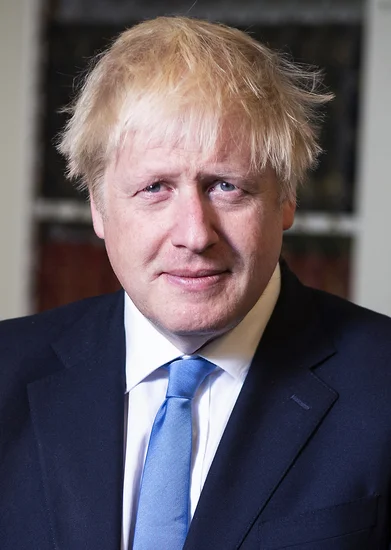
Boris Johnson resigns as Prime Minister of the United Kingdom and is replaced by Liz Truss. Their meetings with Queen Elizabeth II at Balmoral Castle were the Queen’s final official duties before her death two days later.
This political transition occurred during a period of economic uncertainty and social upheaval. Johnson’s resignation followed a series of scandals and loss of confidence within his own Conservative Party.
Military and Naval History on September 6
1914 – First Battle of the Marne Begins
World War I: The First Battle of the Marne begins, which would halt the Imperial German Army’s advance into France. This crucial engagement saved Paris from German occupation and changed the war’s trajectory.
French and British forces launched a coordinated counteroffensive against advancing German troops. The battle’s outcome forced Germany into a defensive posture and established the Western Front’s deadly stalemate.
1915 – First Tank Prototype Completed
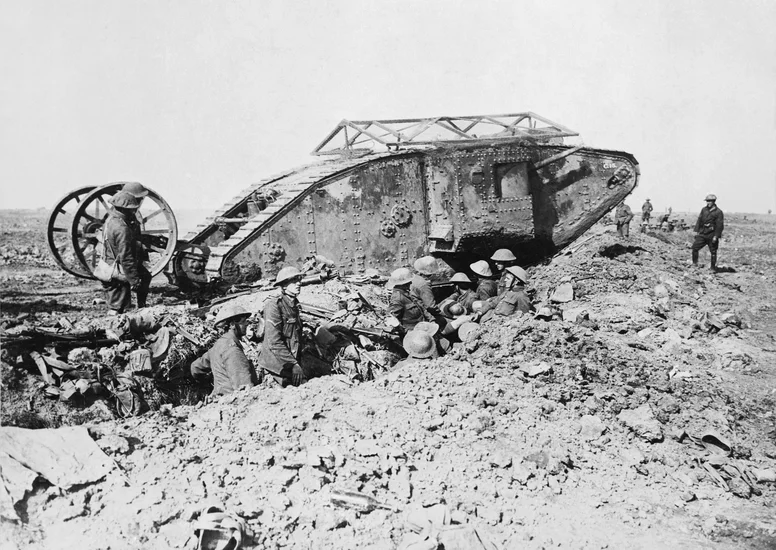
World War I: The first tank prototype, developed by William Foster & Co. for the British army, was completed and given its first test drive. This revolutionary weapon would transform modern warfare forever.
Engineers designed the armored vehicle to cross trenches and withstand machine gun fire. The tank’s development represented a technological breakthrough that would eventually break the stalemate of trench warfare.
1939 – South Africa Declares War on Germany
World War II: Union of South Africa declares war on Germany, joining the Allied cause. Prime Minister Jan Smuts led the country into the conflict despite significant domestic opposition.
The decision split South African society along ethnic and political lines. South Africa’s entry provided crucial resources and manpower to the Allied war effort in Africa and beyond.
1944 – Soviet Forces Capture Tartu, Estonia
World War II: Soviet forces capture the city of Tartu, Estonia during their advance through the Baltic region. This victory represented another step in the Soviet reconquest of territories lost earlier in the war.
The capture of Tartu marked the beginning of renewed Soviet control over Estonia. Local resistance fighters and German defenders fought desperately to prevent the city’s fall.
1965 – Indo-Pakistani War Begins
India retaliates following Pakistan’s Operation Grand Slam, resulting in the Indo-Pakistani War of 1965. The conflict would end in stalemate and the signing of the Tashkent Declaration.
Both nations mobilized massive military forces across multiple fronts. The war highlighted the ongoing tensions between the two countries over Kashmir and other disputed territories.
2022 – Ukraine Launches Kharkiv Counteroffensive
Russo-Ukrainian War: Ukraine begins its Kharkiv counteroffensive, surprising Russian forces and retaking over 3,000 square kilometers of land. Ukrainian forces recaptured the entire Kharkiv Oblast west of the Oskil River within the next week.
The lightning-fast operation demonstrated Ukraine’s growing military capabilities and strategic planning. Russian forces found themselves caught off-guard by the speed and coordination of the Ukrainian assault.
Science and Discovery Milestones on September 6
1962 – Ancient Roman Ships Discovered in Thames
Archaeologist Peter Marsden discovers the first of the Blackfriars Ships dating back to the second century AD in the Blackfriars area of the banks of the River Thames in London. This remarkable find provided unprecedented insights into Roman maritime technology and trade.
The discovery revolutionized understanding of Roman London’s commercial importance and shipbuilding techniques. These ancient vessels revealed sophisticated construction methods and extensive trade networks throughout the Roman Empire.
1976 – Soviet MiG-25 Pilot Defects to Japan
Cold War: Soviet Air Defence Forces pilot Viktor Belenko lands a Mikoyan-Gurevich MiG-25 jet fighter at Hakodate in Japan and requests political asylum in the United States. His defection provided Western intelligence with unprecedented access to advanced Soviet military technology.
The incident created a major diplomatic crisis between the Soviet Union and Japan. Belenko’s defection allowed American engineers to examine one of the USSR’s most advanced fighter aircraft for the first time.
1984 – Soviet Union Admits Downing Korean Airliner
The Soviet Union admits to shooting down Korean Air Lines Flight 007, stating that its operatives did not know it was a civilian aircraft when it violated Soviet airspace. This admission came after weeks of international pressure and condemnation.
The incident killed 269 innocent passengers and crew members, including an American congressman. The tragedy heightened Cold War tensions and led to significant changes in international aviation safety protocols.
2018 – India Decriminalizes Homosexuality
Supreme Court of India decriminalizes all consensual sex among adults in private, making homosexuality legal throughout India. The landmark decision overturned colonial-era laws and marked a major victory for LGBTQ+ rights.
The ruling affected hundreds of millions of people and represented a significant step forward for human rights in South Asia. Activists celebrated the decision as a triumph of constitutional principles over discriminatory legislation.
Cultural and Arts Events on September 6
1997 – Princess Diana’s Funeral Captivates the World
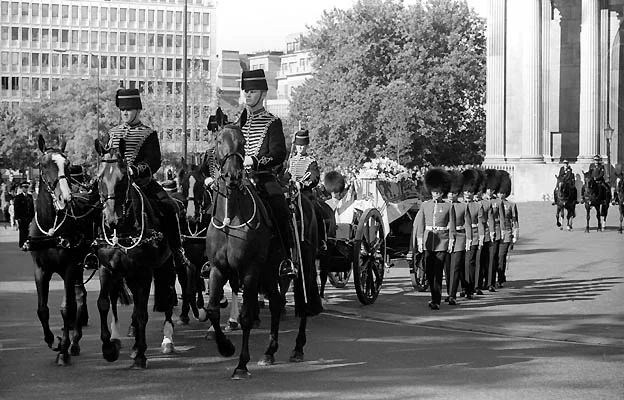
The funeral of Diana, Princess of Wales takes place in London with well over a million people lining the streets and 2.5 billion watching worldwide on television. The ceremony became one of the most watched events in television history.
The emotional service reflected Diana’s global popularity and cultural impact. Her death and funeral marked a turning point in how the British royal family engaged with public sentiment and media coverage.
1998 – Legendary Director Akira Kurosawa Dies
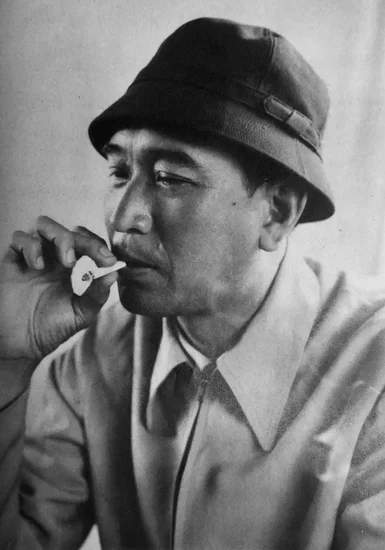
Akira Kurosawa, the legendary Japanese filmmaker who revolutionized cinema with masterpieces like “Seven Samurai” and “Rashomon,” passes away at age 88. His innovative techniques influenced generations of directors worldwide.
Kurosawa’s visual storytelling methods and dramatic compositions became standard elements of modern filmmaking. His work bridged Eastern and Western cinema, earning him international recognition and numerous awards.
2007 – Opera Legend Luciano Pavarotti Dies
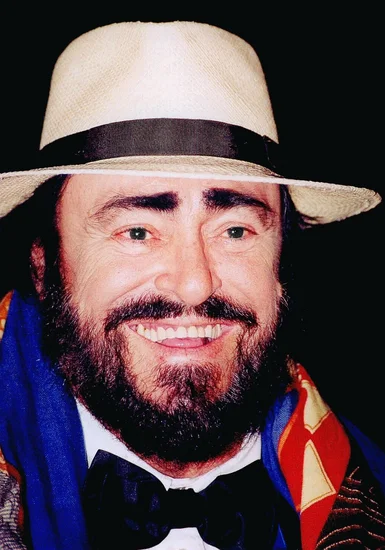
Luciano Pavarotti, the iconic Italian tenor known as one of the greatest opera singers of all time, dies at age 71. His powerful voice and charismatic performances brought opera to mainstream audiences worldwide.
Pavarotti’s “Three Tenors” concerts with Plácido Domingo and José Carreras reached millions of viewers. His death marked the end of an era in classical music and opera performance.
2021 – French Cinema Icon Jean-Paul Belmondo Dies

Jean-Paul Belmondo, the legendary French actor who epitomized the New Wave cinema movement, passes away at age 88. His performances in films like “Breathless” redefined screen acting and European cinema.
Belmondo’s natural charisma and unconventional looks challenged traditional Hollywood standards. His death marked the end of the New Wave generation that revolutionized international filmmaking.
Religious and Social Events on September 6
1955 – Anti-Minority Riots Rock Istanbul
Istanbul’s Greek, Jewish, and Armenian minorities become targets of government-sponsored pogroms with dozens killed in ensuing riots. The violence represented a systematic attack on Turkey’s religious and ethnic minorities.
The riots devastated centuries-old communities and forced thousands to flee their homes. This tragic event highlighted the vulnerability of minority populations in times of political tension and nationalism.
1966 – Apartheid Architect Hendrik Verwoerd Assassinated
Prime Minister Hendrik Verwoerd, the architect of apartheid, is stabbed to death in Cape Town, South Africa during a parliamentary meeting. His assassination shocked the white minority government and temporarily disrupted apartheid policies.
Verwoerd’s death created uncertainty about South Africa’s future racial policies. However, the apartheid system continued under new leadership, prolonging decades of institutionalized discrimination.
1986 – Terrorists Attack Istanbul Synagogue
In Istanbul, two terrorists from Abu Nidal’s organization kill 22 and wound six congregants inside the Neve Shalom Synagogue during Shabbat services. The attack targeted one of Turkey’s most prominent Jewish institutions.
The massacre shocked Turkey’s Jewish community and raised concerns about religious tolerance. This tragic event highlighted the vulnerability of religious minorities to international terrorism.
1966 – Margaret Sanger, Birth Control Pioneer, Dies

Margaret Sanger, the American nurse who founded Planned Parenthood and championed reproductive rights, dies at age 86. Her lifelong advocacy for birth control access revolutionized women’s healthcare and family planning.
Sanger’s work faced fierce opposition from religious and conservative groups throughout her career. Her efforts laid the groundwork for modern reproductive rights movements and women’s healthcare services.
Business and Economic Events on September 6
1946 – US Announces German Economic Reconstruction Policy
United States Secretary of State James F. Byrnes announces that the U.S. will follow a policy of economic reconstruction in postwar Germany. This decision marked a significant shift from initial punitive approaches toward rebuilding.
The policy change reflected growing concerns about Soviet influence in Europe and the need for a stable German economy. This announcement laid the groundwork for the Marshall Plan and Germany’s eventual economic miracle.
1978 – Adidas Founder Adolf Dassler Dies
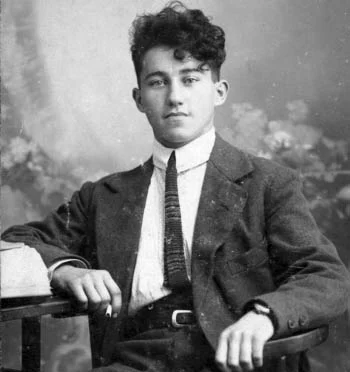
Adolf Dassler, the German entrepreneur who founded Adidas and revolutionized athletic footwear, dies at age 78. His innovations in sports shoe design helped establish the modern athletic wear industry.
Dassler’s company became one of the world’s largest sporting goods manufacturers through innovative marketing and product development. His legacy continues to influence global sports marketing and athletic equipment design.
2018 – Business Magnate Richard DeVos Dies

Richard DeVos, American billionaire businessman and co-founder of Amway Corporation, passes away at age 92. His direct marketing company grew into a global business empire worth billions of dollars.
DeVos’s entrepreneurial success made him one of America’s wealthiest individuals and a major philanthropist. His business model influenced countless direct marketing companies and network marketing strategies worldwide.
Transportation and Infrastructure on September 6
1943 – Pennsylvania Railroad Premier Train Derails
Pennsylvania Railroad’s premier train derails at Frankford Junction in Philadelphia, killing 79 people and injuring 117 others. The disaster highlighted serious safety deficiencies in American railroad operations.
The tragic accident led to significant improvements in railroad safety protocols and signal systems. Investigators discovered that excessive speed and mechanical failures contributed to the deadly derailment.
1952 – Prototype Aircraft Crashes at Farnborough Airshow

A prototype aircraft crashes at the Farnborough Airshow in Hampshire, England, killing 29 spectators and the two crew members on board. The disaster shocked the aviation industry and led to stricter airshow safety regulations.
The accident occurred during a demonstration flight before thousands of spectators. The tragedy prompted comprehensive reviews of airshow safety procedures and aircraft testing protocols.
1971 – Paninternational Flight Crashes in Hamburg

Paninternational Flight 112 crashes on the Bundesautobahn 7 highway near Hamburg Airport in Germany, killing 22 people. The accident highlighted the dangers of aircraft operations near busy highways and populated areas.
The crash occurred during the aircraft’s approach to Hamburg Airport in poor weather conditions. This tragedy led to improved approach procedures and enhanced safety measures at airports worldwide.
Sports and Recreation on September 6
1972 – Munich Olympics Massacre Concludes
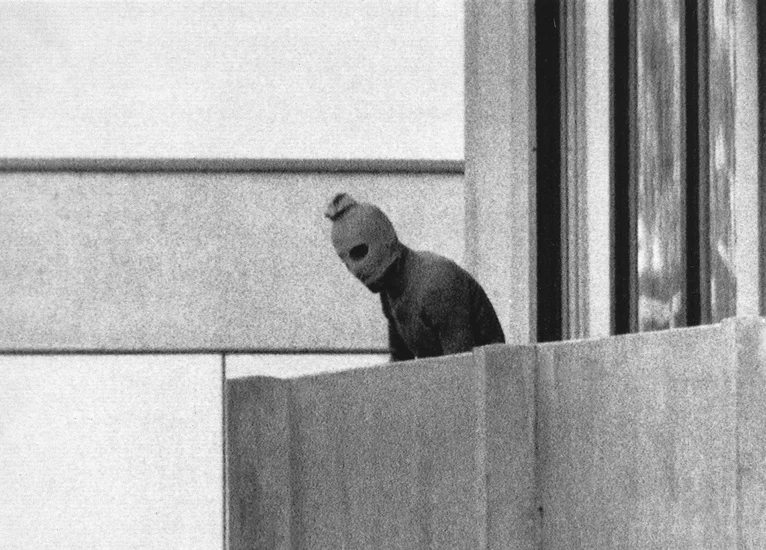
Munich massacre: Nine Israeli athletes die along with a German policeman at the hands of Palestinian “Black September” terrorists after being taken hostage at the Munich Olympic Games. Two other Israeli athletes were slain in the initial attack the previous day.
The tragic events shocked the international sporting community and forever changed Olympic security procedures. The massacre cast a shadow over what were meant to be games of peace and international cooperation.
1995 – Cal Ripken Jr. Breaks Consecutive Games Record
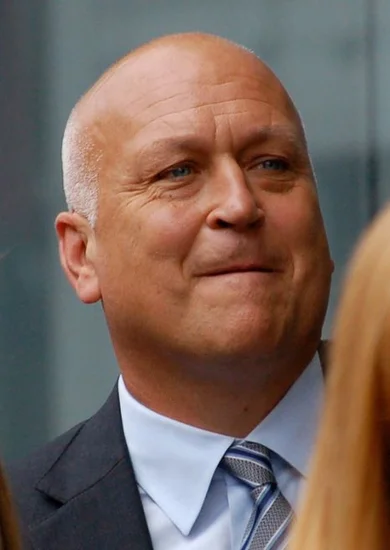
Cal Ripken Jr. of the Baltimore Orioles plays in his 2,131st consecutive game, breaking a record that had stood for 56 years. The achievement celebrated dedication, durability, and professional excellence in baseball.
Ripken’s “Iron Man” streak captivated baseball fans and restored faith in the sport after labor disputes. His record-breaking performance became a symbol of perseverance and commitment to excellence.
2020 – Baseball Legend Lou Brock Dies
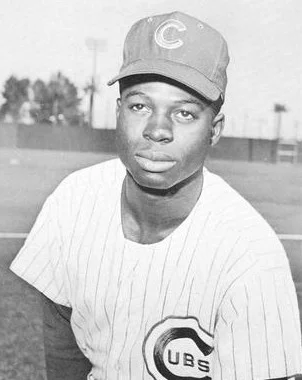
Lou Brock, the legendary American baseball player known for his base-stealing prowess and Hall of Fame career, dies at age 81. His speed and strategic play revolutionized baseball’s running game.
Brock’s 938 stolen bases stood as a record for years and inspired countless players. His death marked the passing of one of baseball’s most exciting and influential players.
Notable Births on September 6
1906 – Luis Federico Leloir Born

Luis Federico Leloir, French-Argentine physician and biochemist, enters the world in Paris. His early interest in chemistry would shape his remarkable scientific career.
Leloir would later win the Nobel Prize in Chemistry for his groundbreaking research on carbohydrate metabolism. His discoveries fundamentally advanced understanding of how living organisms process sugars and energy.
1919 – Wilson Greatbatch Born
Wilson Greatbatch, American engineer and philanthropist, is born in Buffalo, New York. His childhood fascination with electronics would lead to life-saving innovations.
Greatbatch would later invent the implantable cardiac pacemaker, revolutionizing treatment for heart rhythm disorders. His medical device innovations saved millions of lives and established entire industries.
1947 – Jane Curtin Born
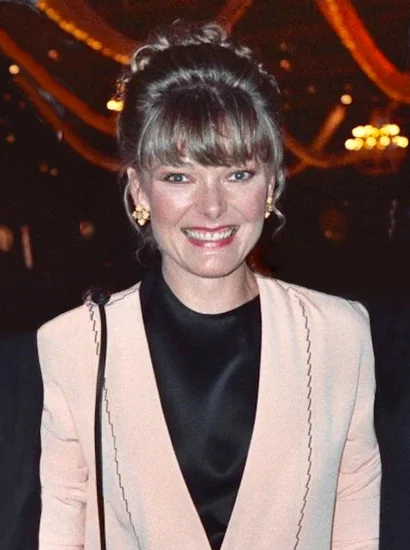
Jane Curtin, American actress and comedian, is born in Cambridge, Massachusetts. Her early theatrical interests would lead to groundbreaking television performances.
Curtin became one of the original cast members of “Saturday Night Live” and later starred in successful sitcoms. Her comedic timing and versatility made her a beloved figure in American entertainment.
1958 – Jeff Foxworthy Born
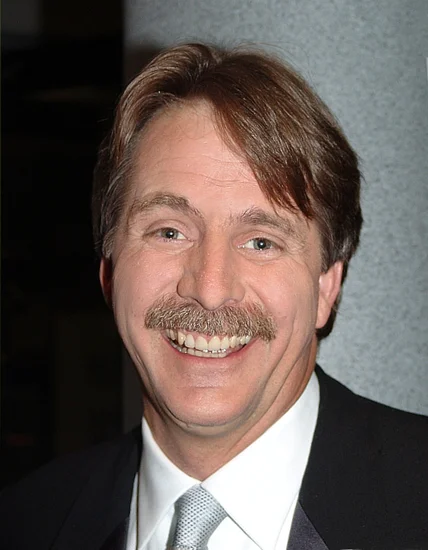
Jeff Foxworthy, American comedian and actor, is born in Atlanta, Georgia. His Southern upbringing would heavily influence his comedic style and career trajectory.
Foxworthy’s “You Might Be a Redneck” comedy routine made him one of America’s most successful stand-up comedians. His humor celebrated working-class culture and became a nationwide phenomenon.
1962 – Elizabeth Vargas Born

Elizabeth Vargas, American journalist and news anchor, is born in Paterson, New Jersey. Her early interest in current events would shape her distinguished broadcasting career.
Vargas became a prominent television news personality, anchoring major programs and covering international stories. Her journalism career established her as a trusted voice in American news media.
1972 – Idris Elba Born

Idris Elba, English actor and musician, is born in London to immigrant parents. His multicultural background would influence his diverse acting career and artistic choices.
Elba achieved international recognition through television dramas and blockbuster films, becoming one of Britain’s most celebrated actors. His versatility spans from crime dramas to superhero movies and musical performances.
1976 – Naomie Harris Born

Naomie Harris, English actress, is born in London to Caribbean immigrant parents. Her early training in classical theater would provide the foundation for her film career.
Harris gained international recognition through her roles in major film franchises and independent dramas. Her performances demonstrated remarkable range from action films to critically acclaimed character studies.
Notable Deaths on September 6
1902 – Frederick Abel Dies
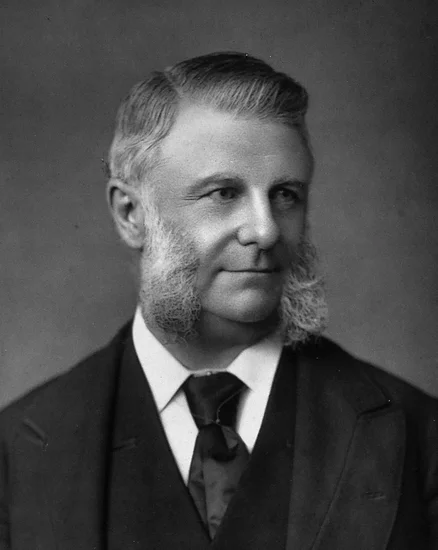
Frederick Abel, English chemist and engineer who made significant contributions to explosives technology, dies at age 75. His scientific work advanced both military applications and industrial safety.
Abel’s research on gunpowder and explosives earned him international recognition and numerous scientific honors. His innovations in chemical engineering helped establish Britain’s leadership in industrial chemistry.
1907 – Sully Prudhomme Dies

Sully Prudhomme, French poet and critic who became the first recipient of the Nobel Prize in Literature, passes away at age 68. His philosophical poetry explored themes of science, philosophy, and human emotion.
Prudhomme’s literary works bridged the gap between scientific rationalism and poetic expression. His Nobel Prize recognition established the international significance of French literary achievement.
1945 – Admiral John S. McCain Sr. Dies

John S. McCain Sr., American admiral and naval strategist, dies shortly after World War II’s conclusion. His leadership during the Pacific campaign proved crucial to Allied victory.
McCain’s strategic planning and operational expertise helped coordinate massive naval operations across the Pacific Theater. His military legacy continued through his son and grandson’s distinguished service careers.
1959 – Edmund Gwenn Dies
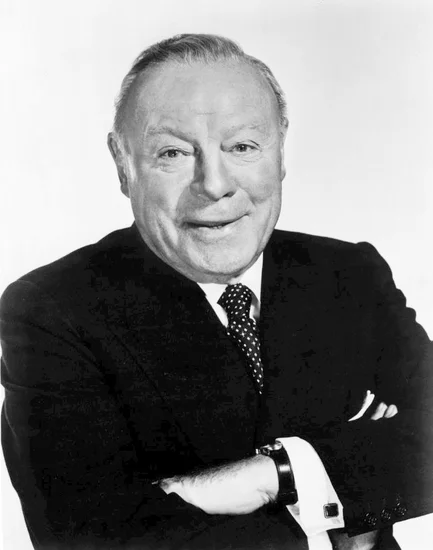
Edmund Gwenn, English actor beloved for his portrayal of Kris Kringle in “Miracle on 34th Street,” dies at age 82. His gentle screen presence and character acting made him a Hollywood favorite.
Gwenn’s Academy Award-winning performance as Santa Claus became a Christmas classic that continues to delight audiences. His career spanned both British and American cinema during Hollywood’s golden age.
1984 – Ernest Tubb Dies
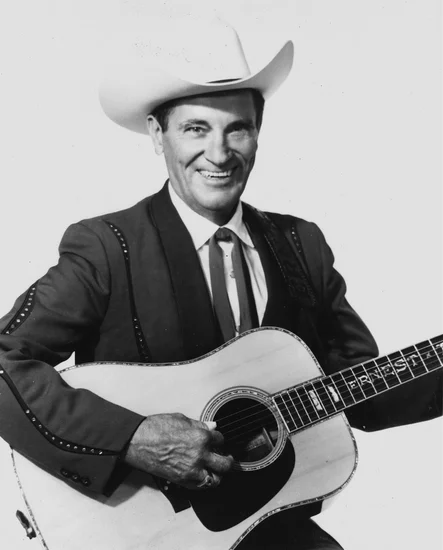
Ernest Tubb, American country music singer-songwriter known as the “Texas Troubadour,” passes away at age 70. His honky-tonk style and electric guitar innovations influenced generations of country musicians.
Tubb’s radio shows and live performances helped popularize country music nationwide. His contributions to the Grand Ole Opry and country music broadcasting established him as a legendary figure.
Holidays and Observances on September 6
Armed Forces Day in São Tomé and Príncipe
São Tomé and Príncipe celebrates Armed Forces Day, honoring the military personnel who serve the island nation. The observance recognizes the dedication and sacrifice of those protecting the country’s sovereignty.
Military parades and ceremonies mark the occasion throughout the archipelago. Citizens gather to show appreciation for their armed forces and reflect on national security.
Defence Day in Pakistan
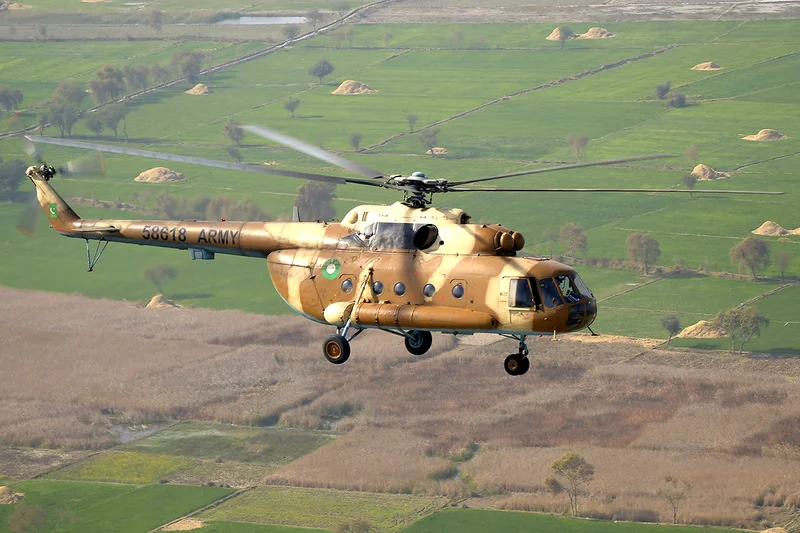
Pakistan observes Defence Day, commemorating the country’s military response during the 1965 Indo-Pakistani War. The holiday honors fallen soldiers and celebrates national resilience.
Special ceremonies and military displays occur across the nation. Schools and communities organize events to remember the sacrifices made in defense of Pakistan’s independence.
Independence Day in Eswatini
Eswatini celebrates Independence Day, marking the country’s freedom from British colonial rule in 1968. The holiday represents the culmination of decades of struggle for self-determination.
Traditional ceremonies and cultural performances highlight the nation’s heritage and achievements. Citizens gather to celebrate their sovereignty and reflect on their journey as an independent nation.
